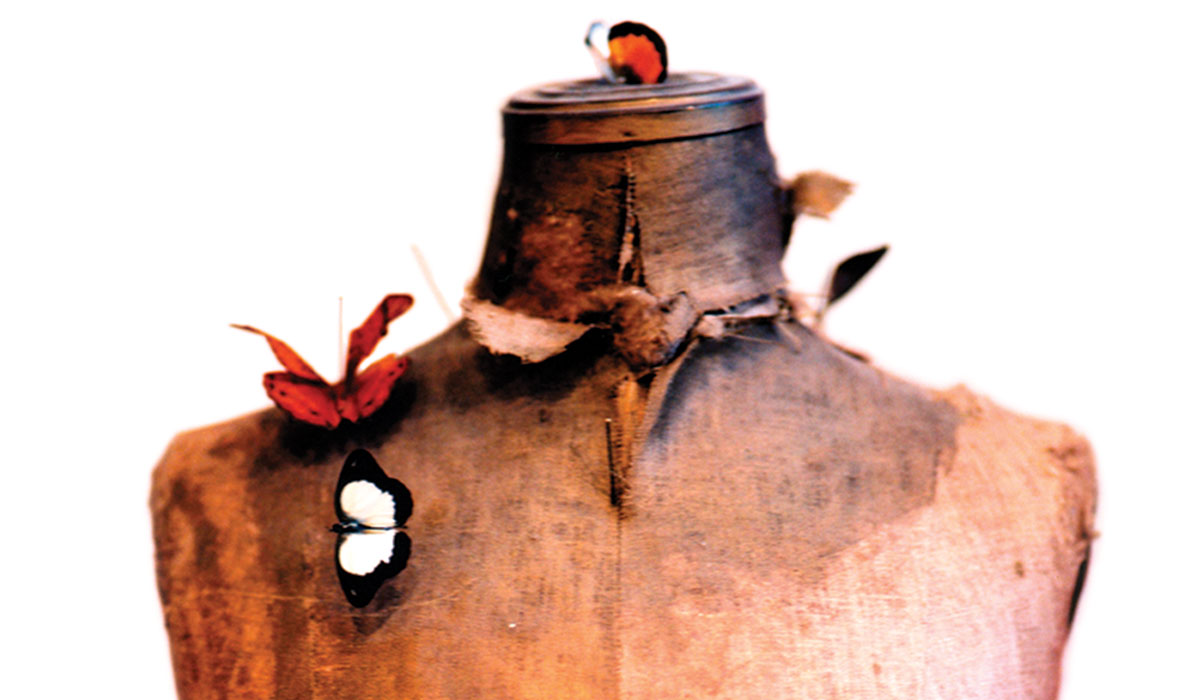Healing the Wounded Heart, Part Two

This week, Dan Allender continues reflecting on his upcoming book, Healing the Wounded Heart: The Heartache of Sexual Abuse and the Hope of Transformation. The new book is a 25-year retrospective about everything Dan has learned working with sexually abused men and women since publishing his first book, The Wounded Heart. In last week’s podcast, Dan talked about the openness and honor with which he hopes readers will approach Healing the Wounded Heart. This week, he reflects on evil’s intent to turn us into orphans, widows, and strangers through the harm that we have endured.
“Evil works through betrayal to ruin innocence, I’m much clearer now about evil’s design to turn our hearts against goodness—our own goodness, others’ goodness, the goodness of God. […] Our experience of being powerless is evil’s design to turn us against hope. It loves to make us feel like we are both strange and a stranger to our world.”
When we live as orphans, widows, and strangers, we live with a loss of faith in the goodness and purpose of our unique name, a loss of hope in future goodness, and a loss of the capacity to either give or receive love. We fall into cycles of repeated harm, vulnerable to the ongoing and compounding effects of evil.
“As we look at evil’s plan to create orphans and strangers, the fundamental war clearly seen is that evil wants to use shame to silence, to shut us down, to keep the realities of our own secrets—those dark, sexual or emotional secrets hidden—so that we are not exposed anymore, we don’t feel vulnerable and lost anymore.”
While the new book engages with greater clarity the insidiousness of evil, it also takes into account the advances in neuroscience and chemistry in recent years, which offer a deeper understanding of how our hearts bond, attach, and adapt to stress and trauma.
“What we have come to see again and again is that the brain bears plasticity that means it can literally grow and change. […] Our own ability to be aware, and then honoring, engaging, and changing how we encounter repeated stress—we have a chance literally to change our brain and care for our body in a way that opens not only our heart and body, but our very spirit, to the work of Christ’s healing in our lives.”
Before tapping into the generative goodness built into our bodies, we have to look at the ways in which we have cursed ourselves, believing that we are not capable or worthy of joy, goodness, and wholehearted living. So we reenact old stories, repeat cycles of harm, shame our bodies and then attempt to escape shame through addictions, sabotage our relationships—all as means of cursing that which God has called good.
“Until we begin to name that we’re in an awful loop, a kind of cul-de-sac of repeated harm, we virtually continue to do it without even seeing it. That task of caring for your body, learning how to read your body, learning how to actually read your own story of how shame gets reenacted into patterns of contempt—your own contempt, but also how you draw other people to join you in judgments of contempt against yourself.”
In Healing the Wounded Heart, Dan also addresses the unique experience of men who are sexually abused, the ways prior abuse can play out in marriage, the devastating repercussions of seemingly subtle abuse, the abusive effects of pornography, and more.
“Where we are strangers God wants us to have that sense that we are at home, that we are in the land of the living, and that our father has not only made us sons, but citizens, that we are not strangers, we have rights, we have privileges, and we have responsibilities, and that, as evil wishes and designs to see us widowed, that we are beloved, and we have power in our capacity to love, to alter the landscape of reality. Love changes everything.”
Next week, in the final part of this series, Dan will write about the trajectory of change. Once we have named the abuse in our own stories, and once we have seen the ongoing work of evil’s intent to make us orphans, widows, and strangers, what’s next?
